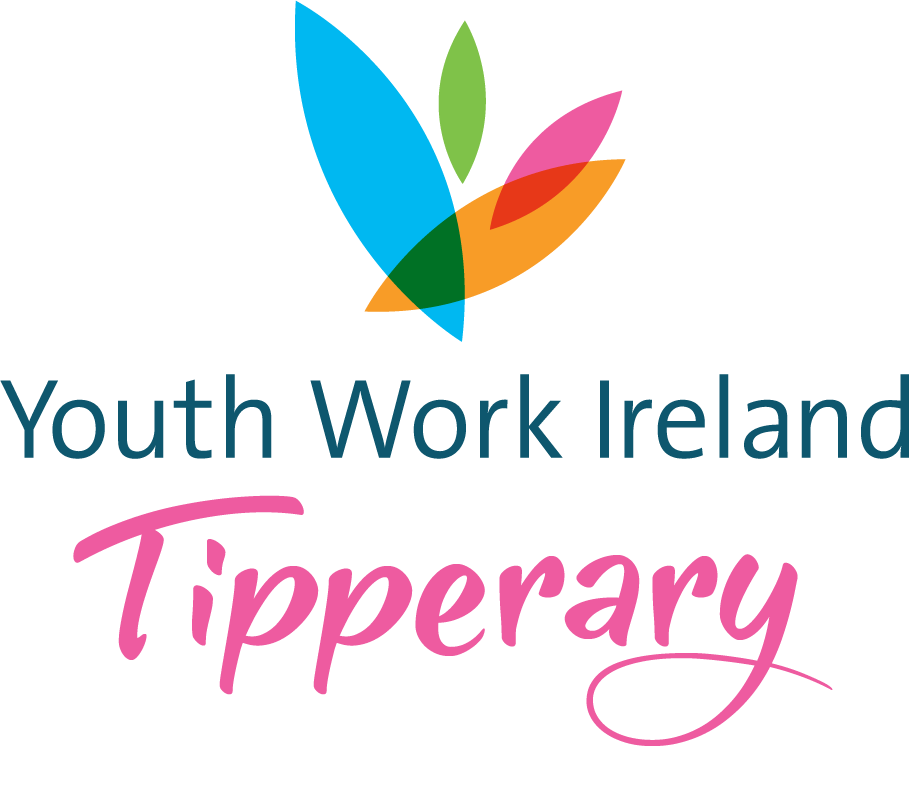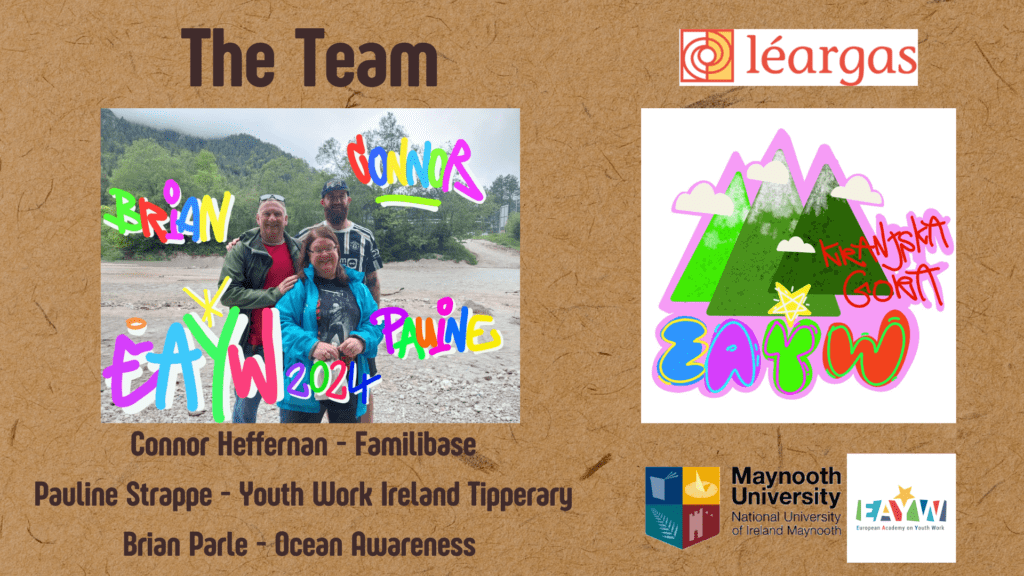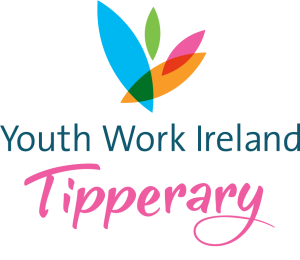Studying in the UK including Northern Ireland
UCAS (University and Colleges Admissions Service) is the central applications body for full-time undergraduate courses at UK universities and colleges. Its website contains all the information you need to apply to college including: how to apply, fees and information about the colleges. Applications must be made online through the UCAS website. You can apply through your school or as an individual.
If you are currently living in Ireland and thinking of doing a third-level course in Northern Ireland (NI) or elsewhere in the United Kingdom (UK) there is a very wide range of courses available. Many people choose to study in the UK because a particular course is not available in Ireland or because the entry requirements are easier. Others want to have the experience of studying outside Ireland. Before you apply you should find out about the different structures and costs for third-level education in the UK (pdf), in particular fees and living costs. For example, there are different fee arrangements within the UK. The United Kingdom (UK) includes England, Wales, Scotland and Northern Ireland.
Most UK undergraduate courses last 3 years but in Scotland they last 4 years. In addition the application process starts earlier than in Ireland. This means you should begin looking at courses at least 12 months before you plan to start studying. The application procedure for all UK undergraduate courses is the same
If the Withdrawal Agreement is agreed, EEA nationals and their eligible family members can still come to the UK (without requiring a visa) until the end of the transitional/ implementation period (currently 31 December 2020, but this date could be extended). They can apply for immigration permission in the UK under a scheme designed by the UK government known as the EU Settlement Scheme. They will need to do this if they wish to remain in the UK after the end of the transitional / implementation period, or otherwise apply under another category of the immigration Rules. Those arriving from 1 January 2021 will need to apply for immigration permission to come to the UK under a category of the immigration Rules which are in place at that time.
If an agreement between the UK and the EU is not reached, the settlement scheme will operate in much more restricted capacity, and there will be separate provisions for those coming to the UK after the UK leaves the EU. This is all subject to change.
If you do not know the course you wish to study or if you want to find out about different courses or colleges there are useful online resources to guide you. The British Council website Education UK allows you to search for undergraduate and postgraduate courses on a particular subject, in a particular university or in a specific area such as Northern Ireland. It contains a summary of information about each college or university with contact details and you can make online request for brochures about the courses. It also has general information about living in the UK including accommodation and working while studying. You can find information about UK higher education institutions and courses on the GOV.UK website.
England, Wales and Northern Ireland: Since 2012-2013 universities and colleges can charge new students up to £9,000 sterling a year for undergraduate courses. You can apply for a tuition fee loan which you only have to repay after you have graduated and are earning over £21,000 sterling a year. However, you are not entitled to maintenance support in the same way as home students. If you are an EU national who has been settled in the UK for over 3 years you will be classed as a home student and will be able to apply for financial support for living costs.
Scotland: Scottish students and EU students who start their first full-time degree course in Scotland do not pay fees as long as they meet the relevant residence criteria (pdf).






